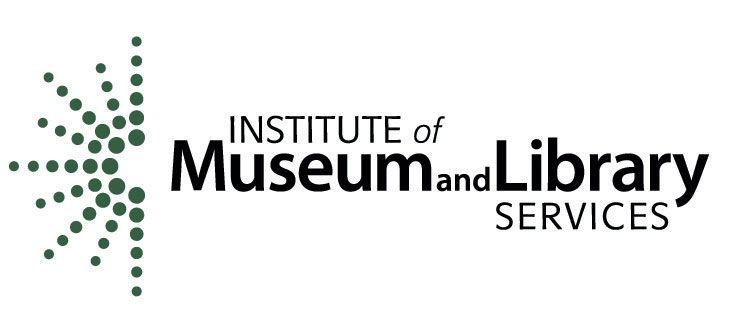Sir Frank Short was born in Worcestershire in west central England. The only son of an engineer, he was trained in that profession and practiced for a short time. In 1883 he entered the Royal College of Art, eventually becoming an instructor of etching and the head professor of that institution’s first engraving school. Short was a widely respected teacher who has had a far ranging impact on the direction of English etching and engraving throughout the 20th century. He was elected President of the Society of Painter-Etchers in 1910 and served in that capacity until 1938. He was also selected as an academician of the Royal Academy of Art and served as its treasurer from 1919 to 1932.
Short was responsible for the revival of the mezzotint process in England, usually working his plates directly from nature. On the encouragement of John Ruskin, Short made many mezzotints after the paintings of Turner and other notable painters. However, it is his original compositions in the medium, often featuring watery foregrounds that count among the true masterpieces of English printmaking. His usually dramatic compositions consistently reflect the simplicity of the etched work of Rembrandt and Whistler and his interpretation of light through the mezzotint process has seldom been matched.




